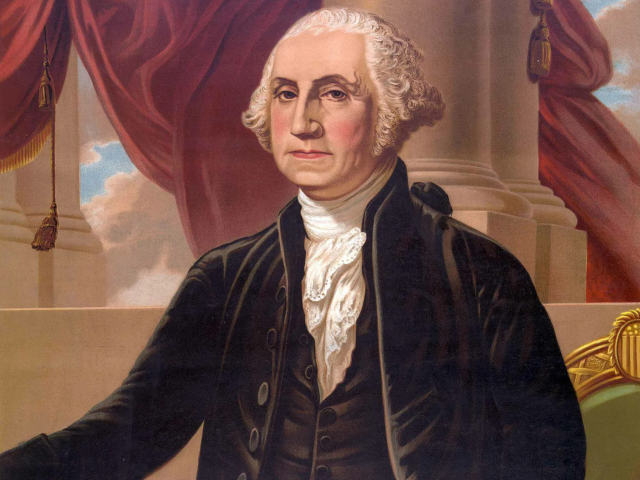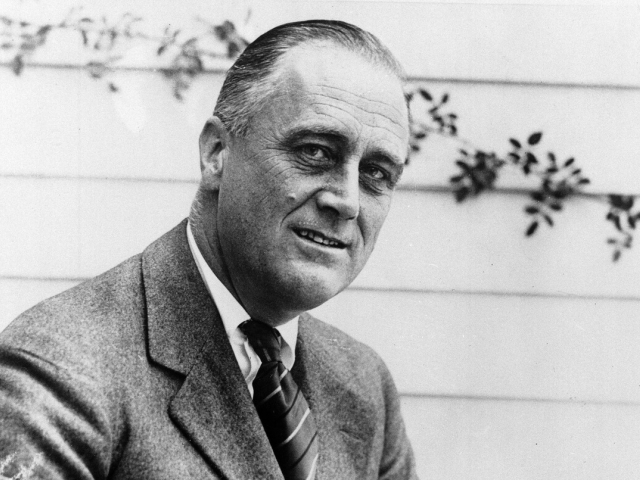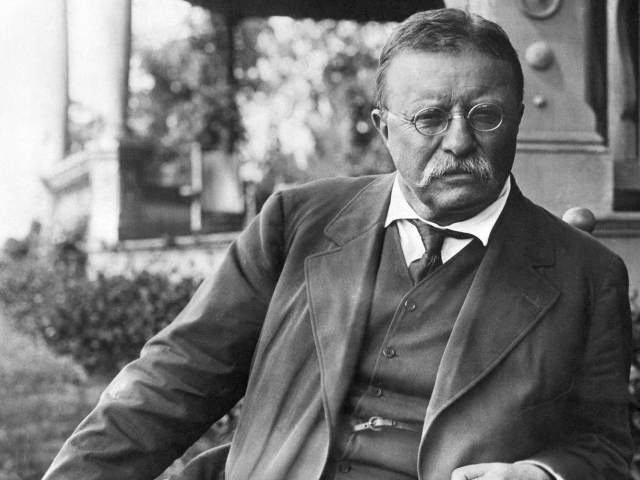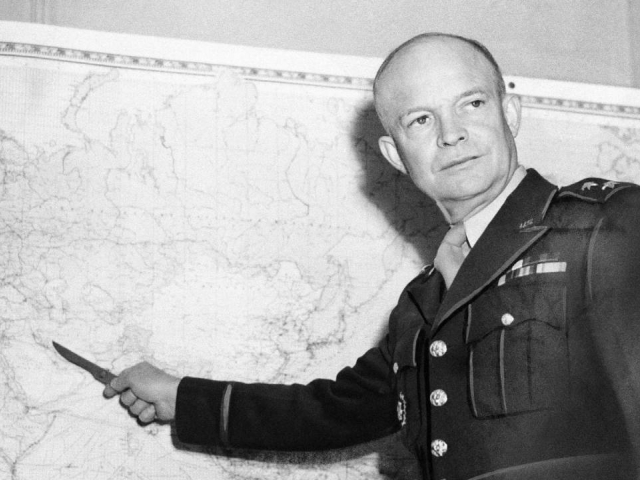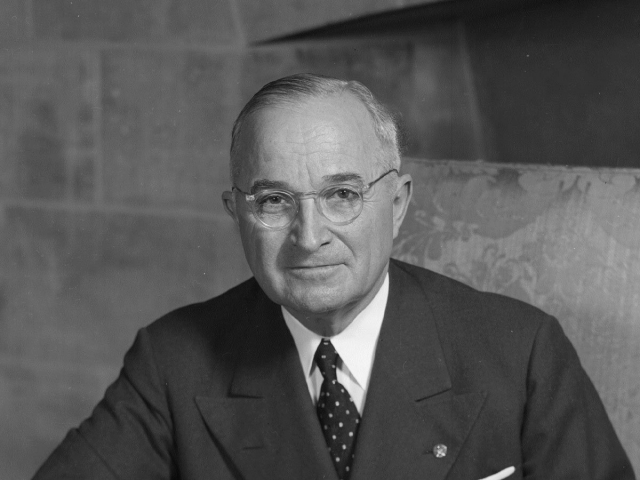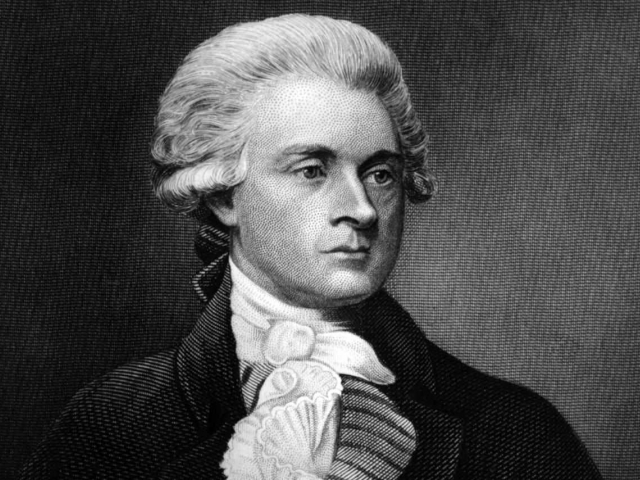Abraham Lincoln
Abraham Lincoln, who served from 1861 to 1865, is remembered as the leader who preserved the Union during the Civil War and became a symbol of the fight against slavery. In 1863, he signed the Emancipation Proclamation, taking a decisive step towards the abolition of slavery in the United States. In a poll conducted by C-SPAN in 2021, Lincoln was ranked as the greatest US president in history. He was praised for his leadership in times of crisis, his moral authority, and his vision for the nation.
George Washington
George Washington, the first president of the United States (1789–1797), played a pivotal role in the establishment of the new nation, laying the foundations for executive power and setting standards for the presidency. He led the Continental Army in the fight for independence and presided over the Constitutional Convention of 1787, which created a strong legal framework for the country. Washington also set an important precedent by voluntarily stepping down after two terms, ensuring a peaceful transfer of power.
Franklin D. Roosevelt
Franklin D. Roosevelt led the United States through the Great Depression and World War II. His New Deal program helped the country recover economically by implementing a series of social and economic reforms. Roosevelt also played a key role in establishing the United Nations, aiming to foster peaceful resolution of international conflicts.
Theodore Roosevelt
Theodore Roosevelt, who led the United States in the early 20th century, became the youngest president at the age of 42. His administration was marked by progressive reforms aimed at tackling monopolies and protecting consumer rights. On the international stage, he established himself as a skilled diplomat and was awarded the Nobel Peace Prize in 1906 for mediating the Treaty of Portsmouth, which ended the Russo-Japanese War.
Dwight D. Eisenhower
Dwight D. Eisenhower, who served as president from 1953 to 1961, had no prior political experience but gained significant support thanks to his distinguished military career, particularly during World War II. As president, Eisenhower worked to reduce Cold War tensions, strengthen international alliances, and promote diplomatic initiatives. Domestically, he championed the creation of the interstate highway system, which greatly improved the nation’s infrastructure and spurred economic growth.
Harry S. Truman
Harry S. Truman led the United States during the final stages of World War II and the early years of the Cold War. In 1945, he authorized the use of atomic bombs on Japan, bringing the war to a swift end. In 1947, Truman instituted the Truman Doctrine to contain communist influence and launched the Marshall Plan to rebuild European economies. His domestic reforms included the Fair Deal to expand social security, achieve full employment, and improve housing conditions for Americans.
Thomas Jefferson
Thomas Jefferson, who served as president from 1801 to 1809, played a critical role in shaping the young nation. In 1776, he was the principal author of the Declaration of Independence, proclaiming the colonies’ right to freedom from British rule. During his presidency, in 1803, the US purchased Louisiana from France, doubling the size of the nation and paving the way for westward expansion. Jefferson also initiated the Lewis and Clark expedition to explore new lands and expand knowledge of the continent.

 Stay
Stay 



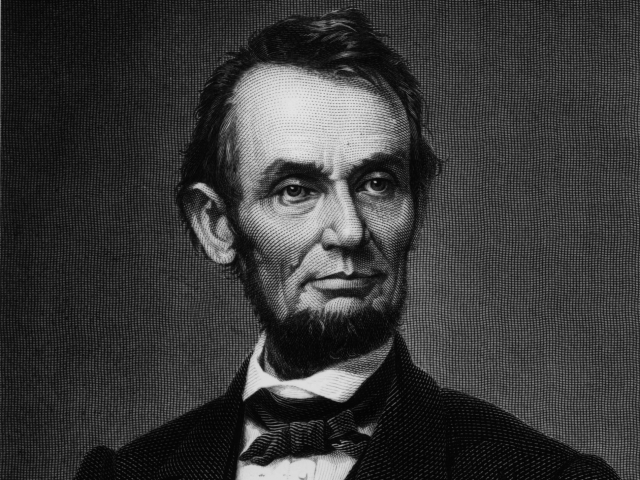
 460
460 7
7